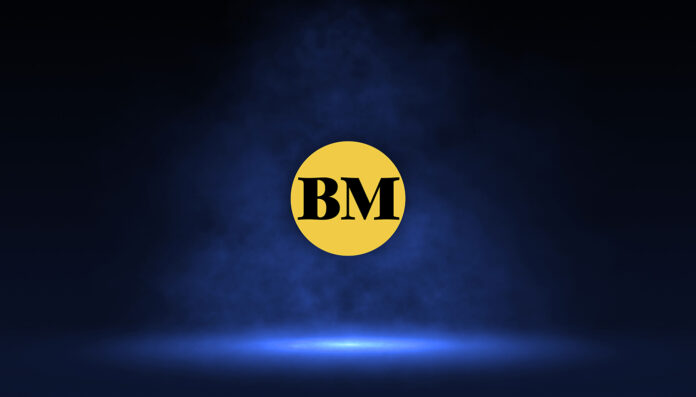
THE Philippines is seeking $1.9 billion in loans from China to fund its infrastructure projects.
Finance Undersecretary Mark Dennis Joven told reporters the Export-Import Bank of China is currently reviewing four infrastructure projects: three bridges in Metro Manila project; Davao-Samal bridge project; Mindanao flood control project, and the Subic-Clark Railway project.
“Moving forward, we have four projects under review by the China Exim [Export-Import Bank of China] with the amount of $1.9 billion, and we have around $4.6 billion worth of other projects, which are undergoing initial procurement,” said Joven, who heads the DOF’s International Finance Group.
Joven separately told the BusinessMirror that other projects under the initial procurement stage are financed by either the Export-Import Bank of China or the China International Development Cooperation Agency.
Last year, the government received a total of $620 million in Official Development Assistance (ODA) loans and grants from China.
However, China is only the country’s top sixth ODA partner in 2020 while Japan topped the list, according to Joven.
Despite admitting that they encountered difficulty getting approvals for the financial assistance from China, Finance Secretary Carlos G. Dominguez III expressed satisfaction with what the country has so far received from them.
Given that the country has really just started dealing with China, the finance chief said they had anticipated there will be difficulties.
“First of all, the Chinese projects, once they get approved, they get implemented rather quickly. Okay. And you can see it in the bridge, bridges, etc. So are we happy with them? Yes we are happy because they are according to terms that are beneficial to us. We pay a very good interest rate. The terms are good, and the projects are okay,” Dominguez said.
“Since we were just really starting to deal with China, in a very massive way that our bureaucracies and procedures do not exactly match. So we did encounter some difficulties in getting approvals, and basically understanding each other,” he added.
While the country’s system is already “quite in tune” with the Japanese and to some extent with the American system and the European system, Dominguez pointed out the country’s system with China is “not exactly meshed yet.”
Nonetheless, Dominguez said the country’s loan agreements with China offer protection for “both sides.”
Joven agreed with Dominguez, saying the Export-Import Bank of China does not own the contractor and it will not finance a project that is not bankable.
“In the end, for our protection and for the protection of Chinese government, all the projects which are implemented should be bankable projects. Otherwise, [what will happen is], we will be paying for loans which you know for white elephant projects, which we don’t want and they don’t want too,” he said.
Unlike loans from Japan, Joven explained that procurement stage comes first before China disburses the loan.
Because of this, Joven said the Philippine government has “better control on the procurement process” when it secures loans from China.
“We don’t want to cut corners in the procurement of Chinese-funded projects, Hence, we must attend to them right away and if procurement is smoothed out, then we go to financing, so it gives us two levels of protection,” he said.
Read full article on BusinessMirror



